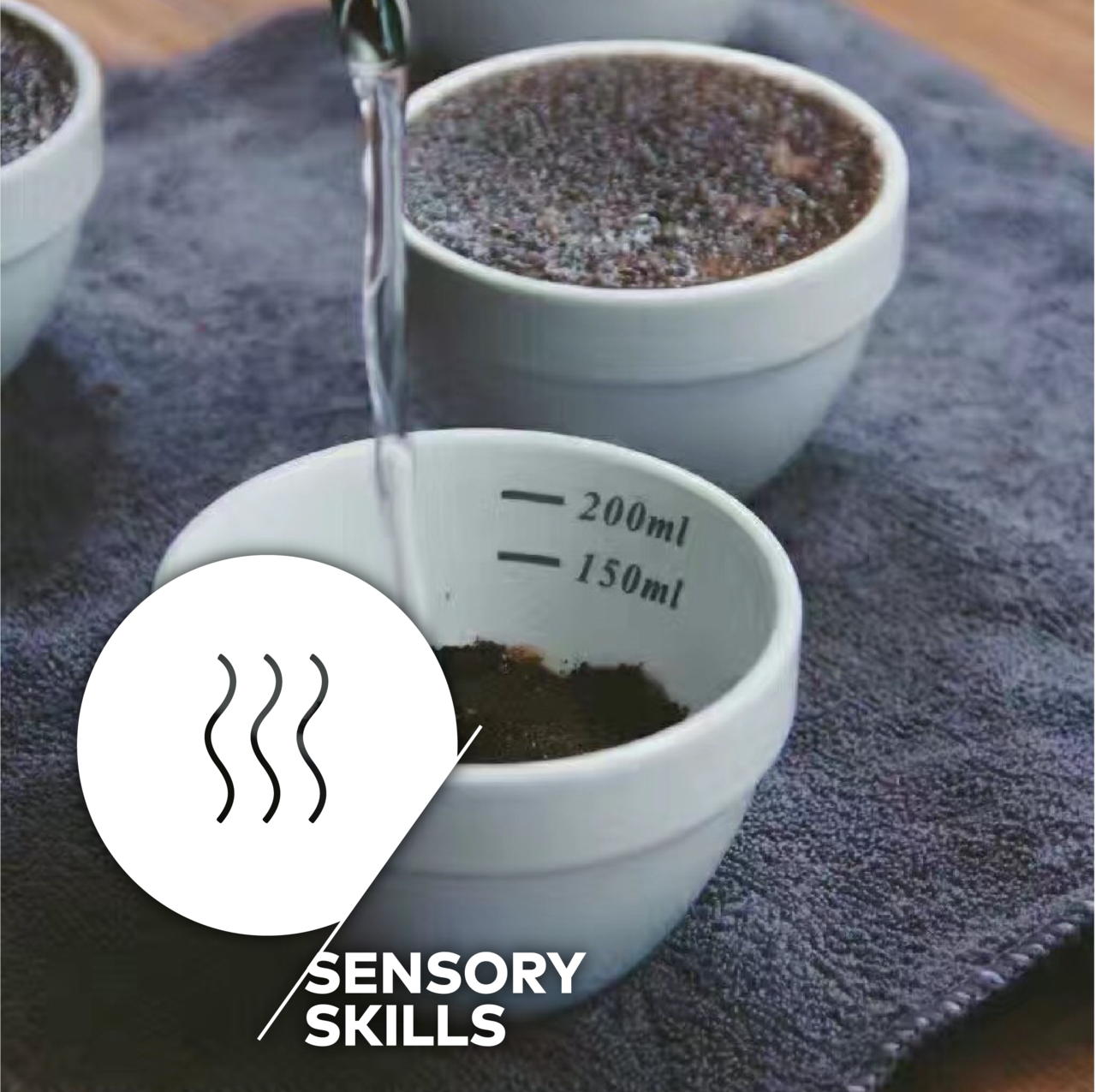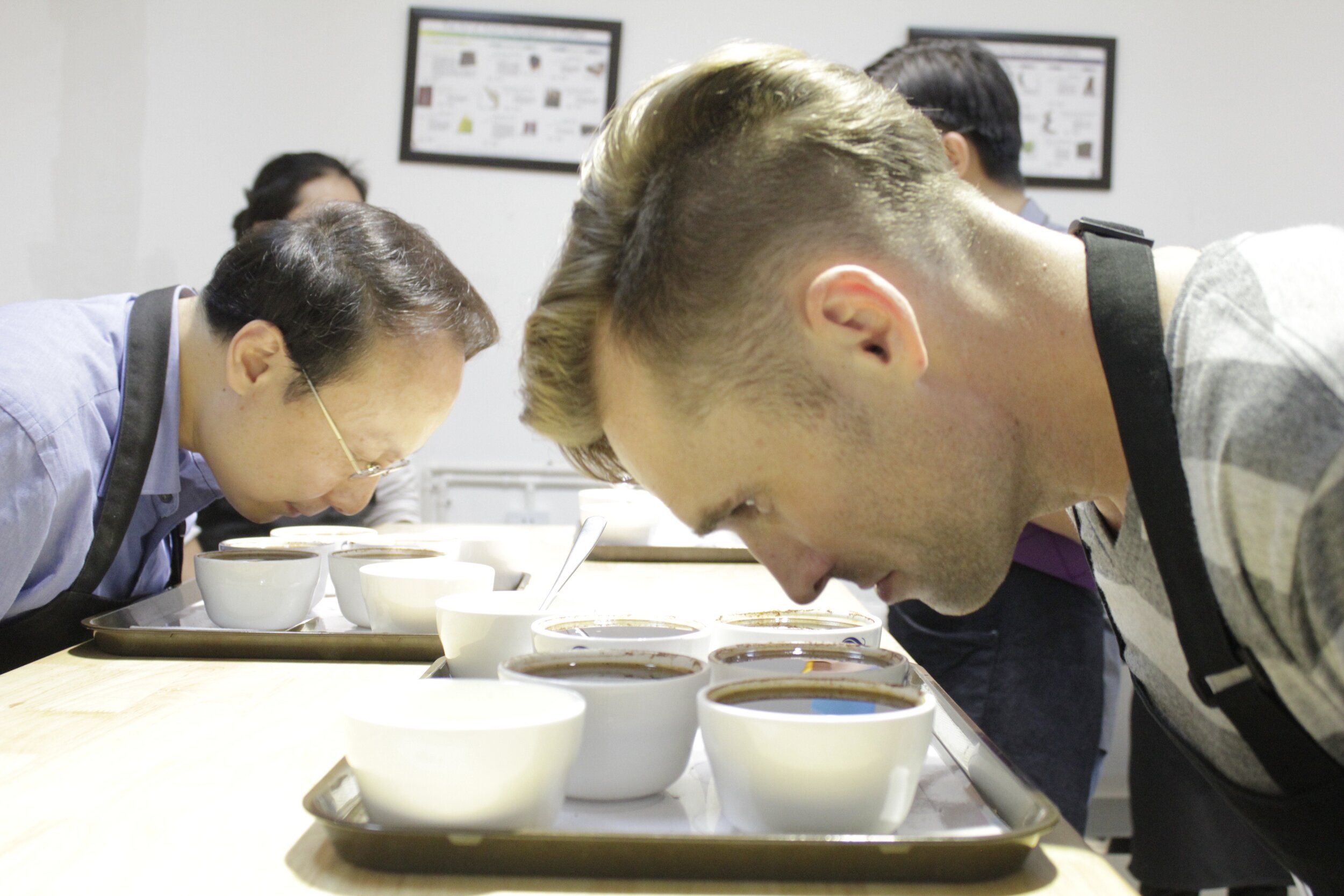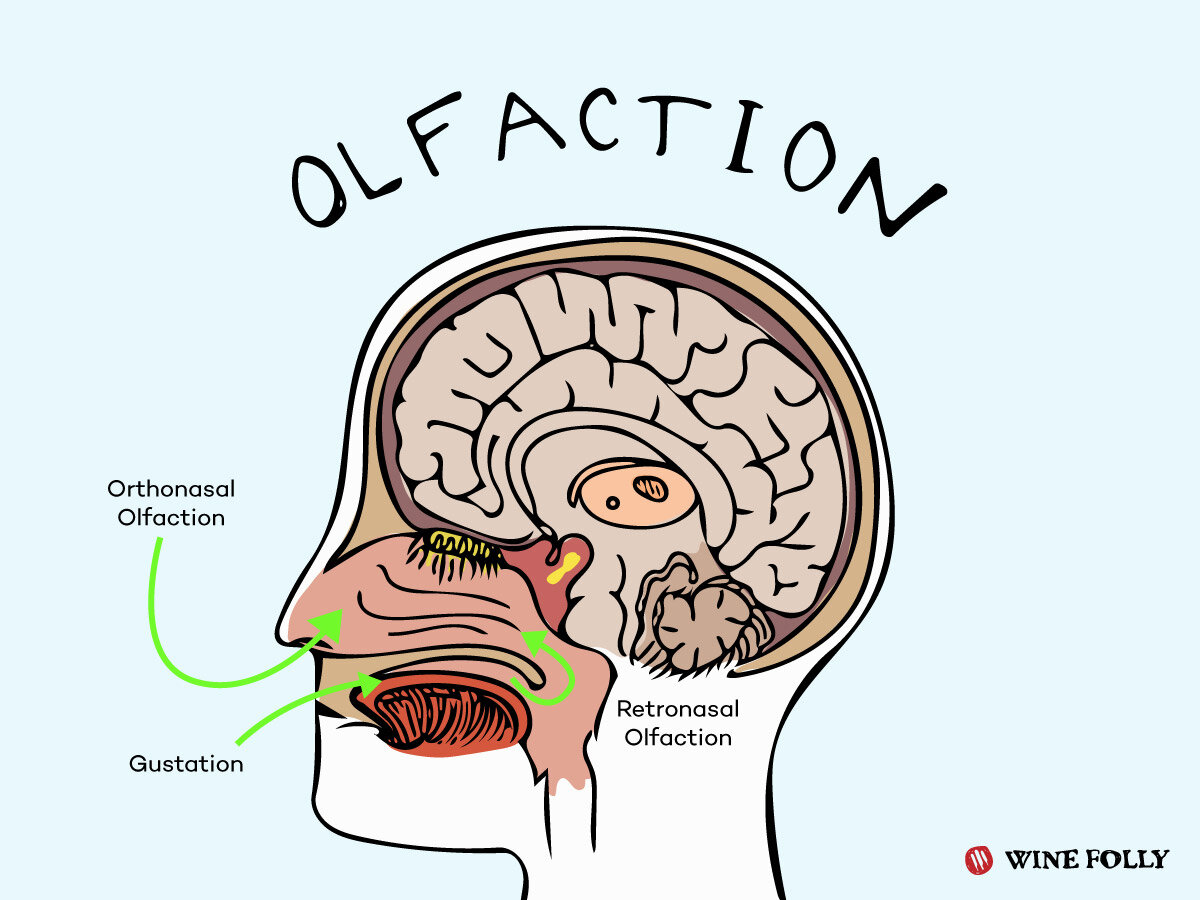Gustation is Taste
“Taste” is a rather broad term. Here we bring it back to its most basic form. The human tongue is a rather simple tool. Used mostly for survival in the process of consuming foods. The sensations of the tongue distinguish (from least sensitive to most): Sweetness, Saltiness, Sourness, and Bitterness. Let’s break these down..
The least sensitive sensation of gustation is sweetness. Many people are able to consume copious amounts of sugar and sweetness without their brain giving warning signals. We neither fear it, nor tire too easily of it.
The next gustatory sensation that is a bit more sensitive is saltiness. While we do enjoy salt (in the right proportions) we cannot tolerate spoon fulls of it, like we can sugar. Too much salt wears down the tongue and causes some adverse side effects if consumed over long periods of time.
Even more sensitive is sourness. This taste sensation begins to turn on our warning lights. As we gustate old-spoiled milk (which was once fresh and sweet) that has become sour we immediately spit it out. Something tells us - this is wrong! Spoiled foods go sour. Drop a splash of white vinegar in your friends water and see what they say. Try again with a pinch of sugar and they likely will not notice.
Humans are most sensitive to bitterness. The last taste is very common to coffee. When someone slides you a REALLY dark roasted coffee you immediately think, “wow! that’s bitter”. Bitterness is present in carbon. Carbon is dangerous for us and many claim it is carcinogenic… thus avoiding grilled foods. Slide a black cup of coffee to a toddler (let’s just imagine ; ) and they’ll immediately spit it out. Bitterness is the taste of caffeine, which is a drug that kids do not accept by taste. Almost every drug from the pharmacy tastes bitter because the chemicals in them are dangerous. Eat a jar of sugar and have an upset stomach. Please don’t eat a jar of pills (or even coffee beans).
Gustation is very very simple. Lao Tzu, in “The Art of War” understood this 2,500 years ago,
“There are not more than five cardinal tastes (sour, acrid, salt, sweet, bitter), yet combinations of them yield more flavors than can ever be tasted.”
PS. “acrid” is like a harsh salt taste. Perhaps this was also an attempt at naming “umami”?




